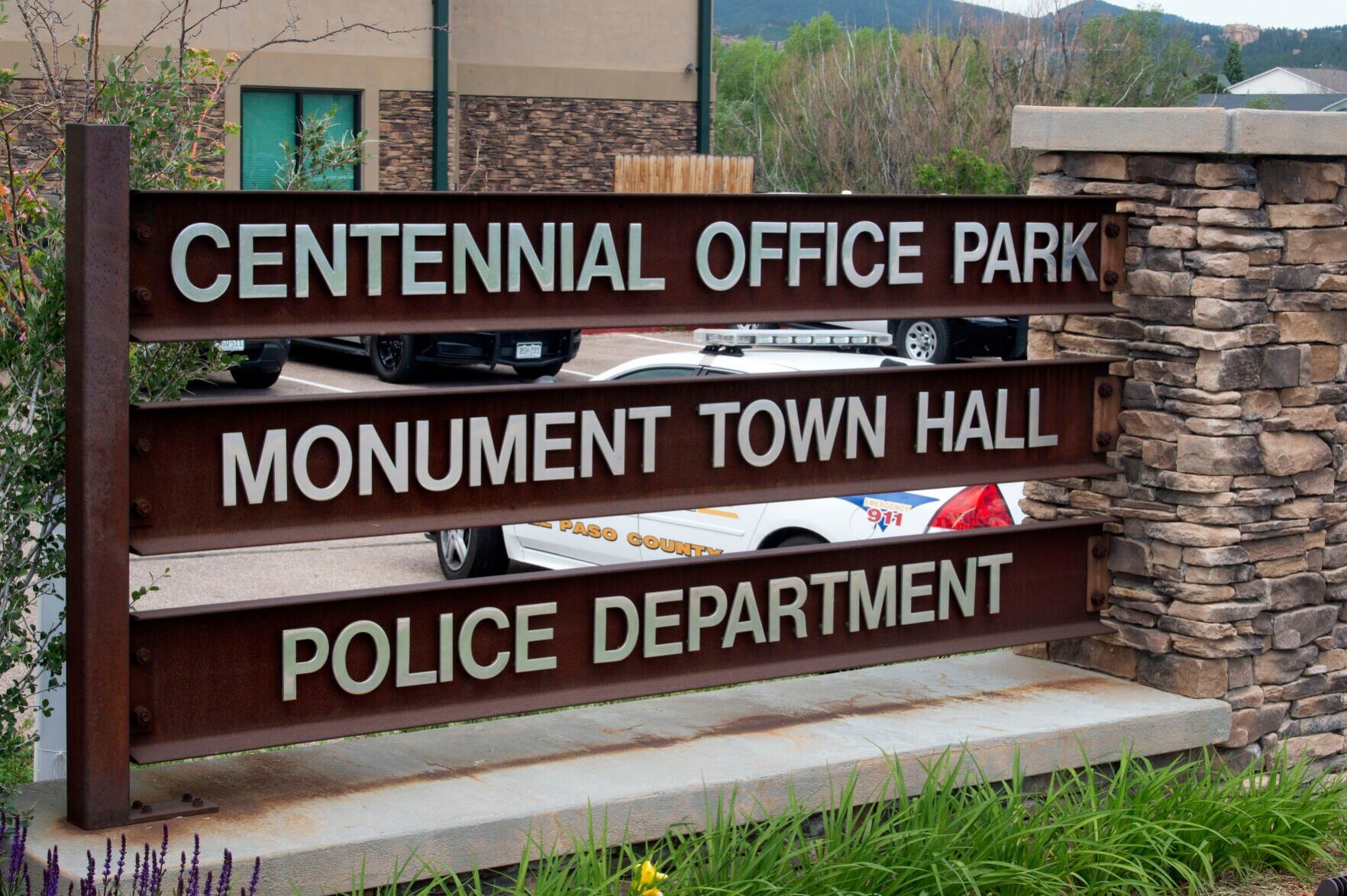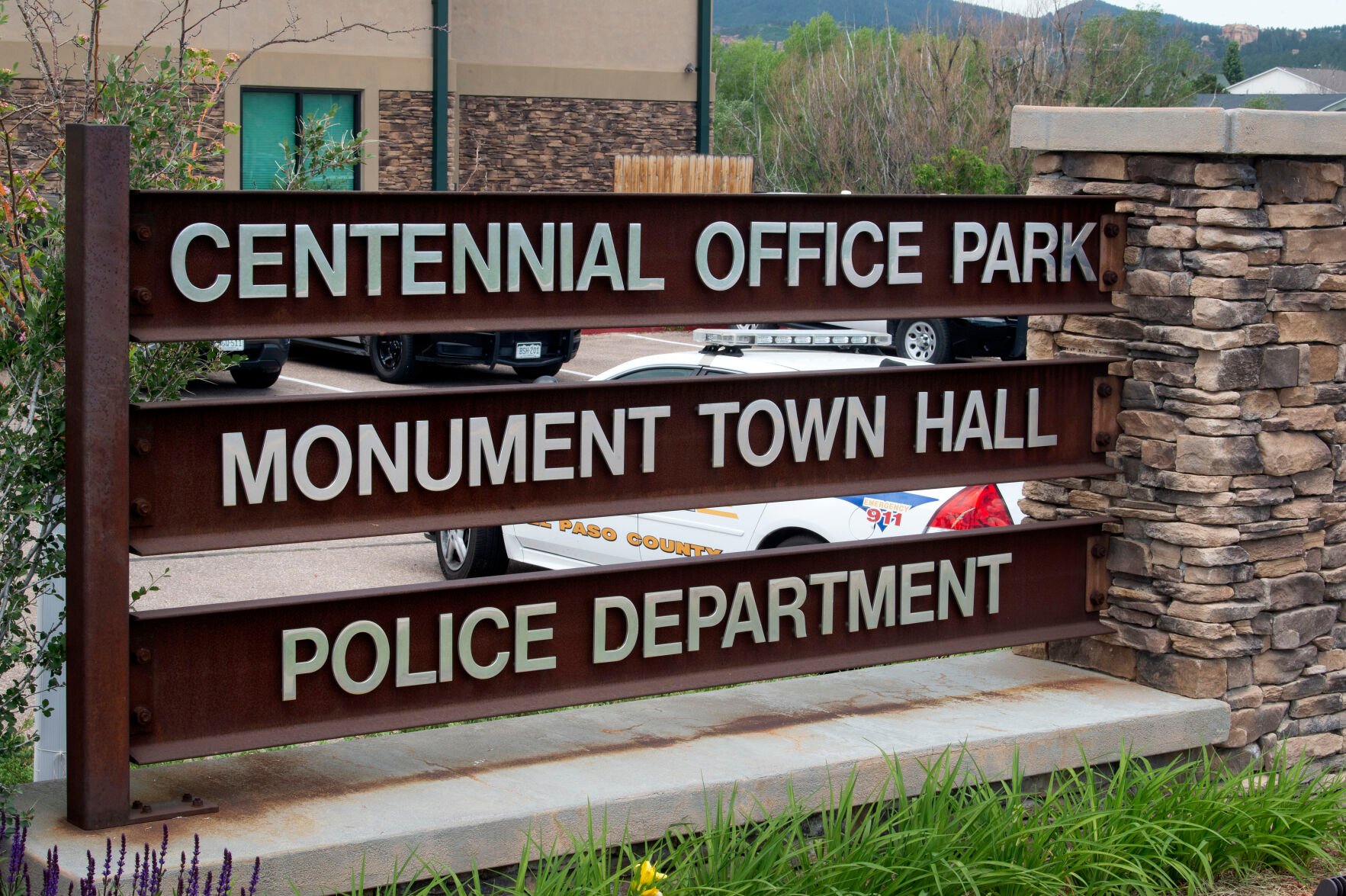Home rule charter, question of self-governance to go before Monument voters

Support local journalism: As a public service, we have decided to put the 2022 Colorado General Election Guide in front of our paywall so you can access it for free. Would you support our work by subscribing to The Gazette? Your subscription allows us to pursue time-consuming projects, such as this voter guide, as well as other issues that shape our state. You may subscribe here.
After months of drafting and input from community members, the town of Monument’s first home-rule charter will go before voters for adoption on Nov. 8.
Monument residents last year voted to change the town’s form of government from statutory rule to home rule and selected nine citizens to form a commission that would draft its home-rule charter. November’s ballot language will ask voters if that now-finalized charter should be adopted.
The drafted charter defines how the town would craft local ordinances, collect taxes, make decisions, define zoning, create election laws, obtain judicial procedures, create districts to better represent areas of residents, create economic development opportunities, define roads, issue bonds, and give the town more flexibility to solve local problems unrestrained by state requirements.
If passed, Monument would become a home-rule municipality starting Jan. 1.
Charter commission chair Steve King said establishing home rule is important for growing communities like Monument, because it allows them the flexibility to address their own concerns, desires and interests rather than live under state statutes. The town’s website says home rule would allow Monument to progress “strategically” through “more government efficiency, more revenue generating options and more control over land use.”
Those new revenue-generating options are the biggest advantage to adopting the home-rule charter, King said.
“We wanted (government) to be more citizen-based,” he said. “The biggest advantage for the town itself is that it allows us to collect our own sales tax revenue directly.”
Under statutory rule, sales tax collection is performed by the state, which decides how much revenue Monument is entitled to from the collection, King told The Tribune this month. Because of this, the town risks getting “shortchanged” on collecting its fair share of the taxes with “no real way to challenge or audit” the state’s accounting.
Being a home-rule municipality would allow the town to collect those taxes directly by passing the state “middle man,” and other home-rule communities have noticed an increase in revenue once they moved to home rule, King said.
The town would also be able to capitalize on hotel and short-term rental traffic by collecting lodging tax, which it is unable to do under statutory rule.
“That gives us other revenue coming in from outside that isn’t from the residents’ (taxes),” King said.
After last year’s election, the commission “immediately” started meeting once a week for six months, often for hours, and drew from other recently drafted home-rule charters and data from similar Colorado communities like Castle Pines and Centennial, as well as public input from Monument citizens.
“We used other charters that have been in place; we didn’t reinvent the wheel,” King said. “Then we added language that was more tailor-made to our community in addition to what we found from other communities.”
The Monument Home Rule Charter Commission was unaware of any opposition to the question.
If the measure does not pass, the commission would remain intact and would have a second opportunity to put the charter on a future ballot, he said. If it were to fail a second time, the draft would be dissolved, and another charter would have to be written for possible adoption at a future date.
“We would remain statutory up until that point,” King said.
The drafted charter is available to read in its entirety on Monument’s website at www.tomgov.com, as well as the Citizens of Monument for Home Rule Facebook page.














